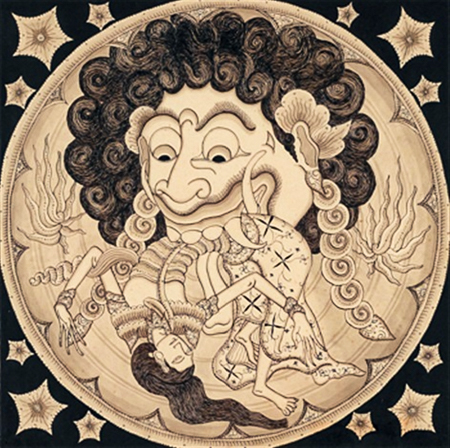[Note: This is a long Q&A. Any help that other bloggers and readers can give to resolve the questioner’s concerns will be welcomed!]
Q: If waking life is a kind of dream or modulation of awareness then why is it so continuous? Many Advaitins see waking life as some form of dream, correct me if I’m wrong.
Dreams when asleep are always very new, different and unpredictable. And then they disappear and you wake up and forget the dream. And most likely you will not continue where it ended next sleep. On the other hand, waking life reappears after sleep and it is the ‘same’ as yesterday and it only seems to disappear if you die.
A: There is a lot more to it than that. And it cannot all be explained in a couple of sentences. Pretty much all of my book ‘A-U-M: Awakening to Reality’ was about this. (It is a commentary on Mandukya Upanishad and the explanation by Gaudapada.)
There are 3 states of consciousness – waking, dream and deep sleep and none of them are ‘really real’. Waking seems to be real for the waker. The dream is equally real for the dreamer (who thinks he is a waker)! The true reality is the Consciousness that is the basis of all 3 states. Waking life is said to be like a dream so that you can use this as a metaphor for gaining enlightenment. Continue reading

